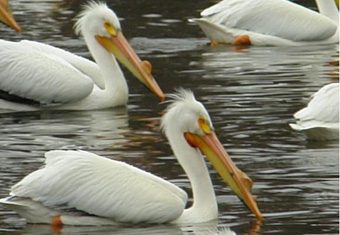

Abstract
Optimal resource allocation over large spatial scales is a challenging component of many biological conservation management plans. To address this challenge, I propose an innovative multi-stage decision framework that allocates resources spatially and temporally while explicitly incorporating various sources of uncertainty. The framework combines a genetic algorithm that optimally allocates funds, with a simulation model describing species dynamics (migration or invasion). For each site receiving funds, a stochastic programming model will be used to select the optimal set of management actions to apply locally. Additionally, a Bayesian approach will update model predictions with monitoring data to adaptively manage resource allocation over time. The framework will be applied to two case studies: allocating monetary resources to develop and maintain habitat for North American waterfowl migration, and allocating resources to protect against reed canary grass (Phalaris arundinacea) invasion.
